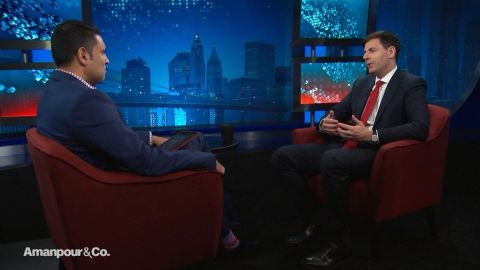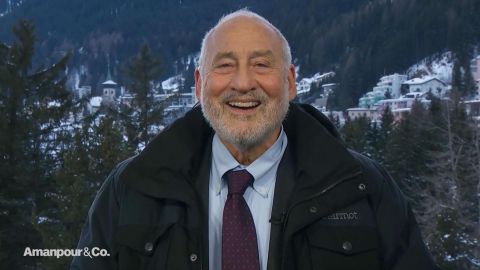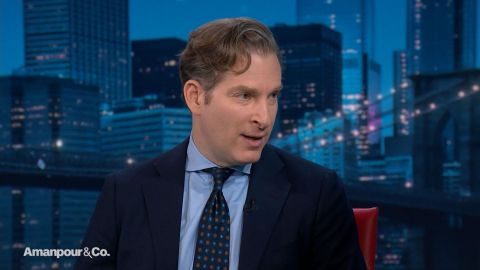Read Transcript EXPAND
CHRISTIANE AMANPOUR: Okay. Evidence. How important is that? And what if they don’t get any evidence? I mean, what do you expect, I guess to come out of this?
FELDMAN: It would be not ideal for the Democrats if no new evidence were introduced. In particular, the former national security advisor, John Bolton has said publicly he might be bluffing, but he said he’s prepared to testify and he probably has something significant to say about his conversations with president Trump.
AMANPOUR: So remind us again why it’s the, the instance of it is the conversations about Ukraine and the alleged attempt to get while the attempt to get, um, the Ukrainian president to dig up dirt or announce hearings on Hunter Biden who is at the heart of the…
FELDMAN: Exactly part of the drama is that we don’t know exactly what Bolton would say, but what we do know is that the Democrats have alleged, and many witnesses also alleged that president Trump froze crucial military aid to Ukraine in order to condition that aid and a white house meaning on the announcement of investigations that were designed to help him get reelected. As you mentioned, investigation of Hunter Biden. And we know that John Bolton was opposed to that from things that his subordinates have said. And we also know that John Bolton had at least one meeting with the president about that subject. So the speculation is that Bolton would have something significant to say about what Trump said to him when presumably he said to president Trump, national security is being violated here. Now the Democrats want that testimony. Republicans presumably intend to block it. And one of the dramas of the current trial is whether there will be a handful of Republicans. It would just take four of them who would agree to require testimony. Right now that doesn’t look very likely, but it’s not outside the bounds of possibility.
AMANPOUR: Schumer pointed out that there might be three who would be willing and a little bit sitting on the fence right now, three so-called moderate Republicans who might be willing. Um, you save costs for would be needed to make it actually matter. One of those three, according to Schumer is Senator, Senator Mitt Romney, but Romney has said today, you know, the Democrats need to watch it because you know every time they sh they scream about their house being on fire or something not being fair, you know, they, they can’t just keep saying it’s all sort of like that. Otherwise nothing is like that. Are the Democrats playing it strategically, smartly?
FELDMAN: I think they have to be because the Republicans are playing it extremely cleverly. So I’ll give you a concrete example. In his proposed rules. The Senate majority leader, Mitch McConnell, specifically said that instead of admitting all of the evidence from the house of representatives, all of the testimony that was heard over the course of weeks, that they will have to be a vote on whether to allow that evidence to be admitted at all right now. That’s a very strange thing for him to have said. It’s not the way they did it in the Clinton impeachment hearing 21 years ago.
About This Episode EXPAND
Nobel Prize-winning economist Joseph Stiglitz joins the program from the World Economic Forum in Davos to discuss the economy, growth and the climate crisis and legal scholar Noah Feldman
gives insight into the first day of the Senate impeachment trial. Plus, John P. Carlin tells Hari about rising cyber threats to the 2020 election.



